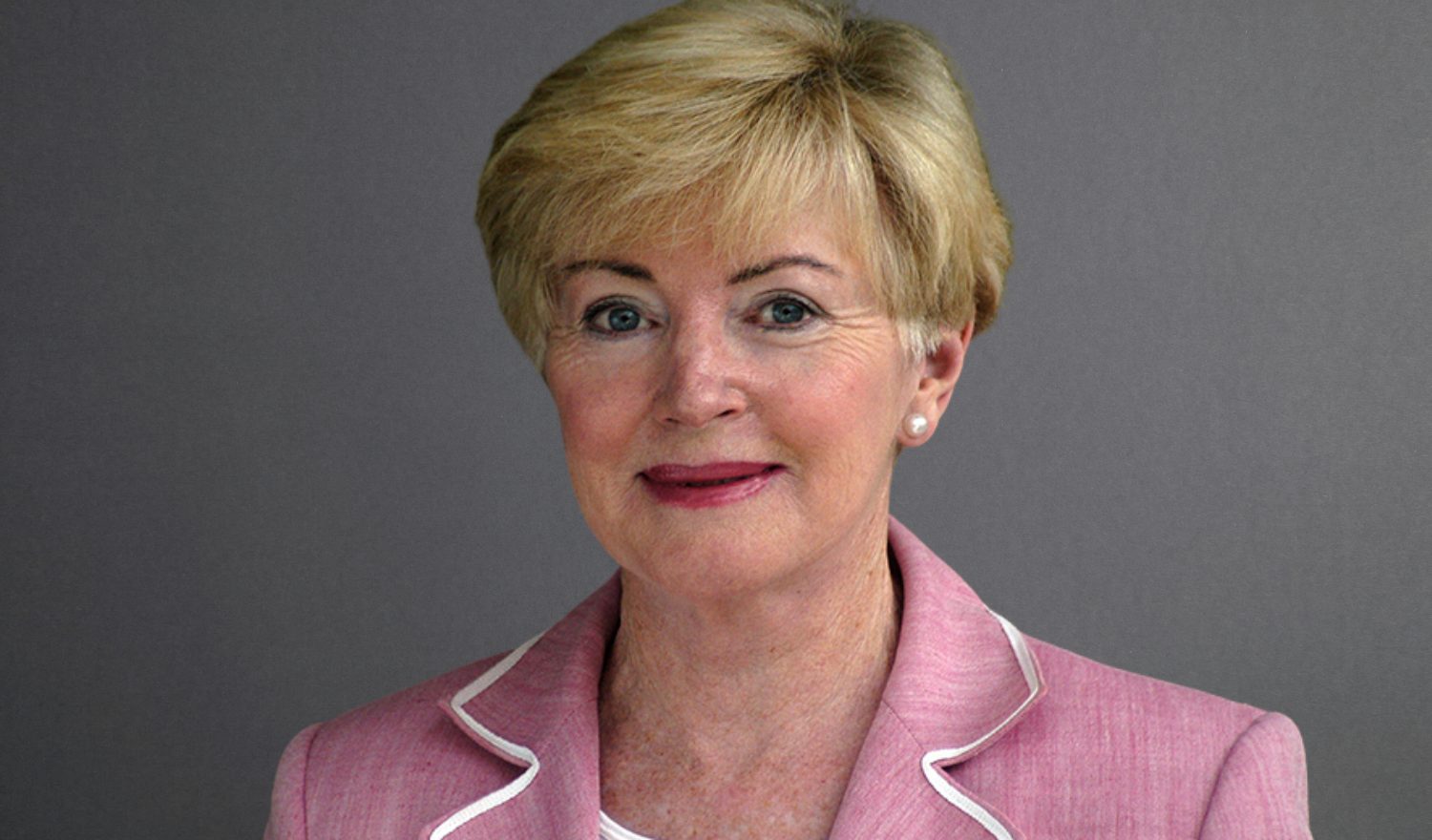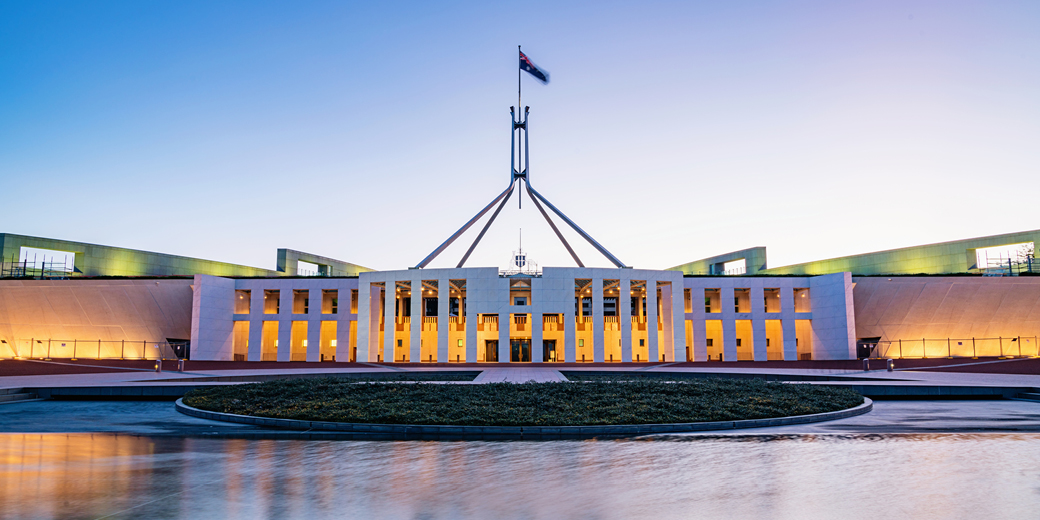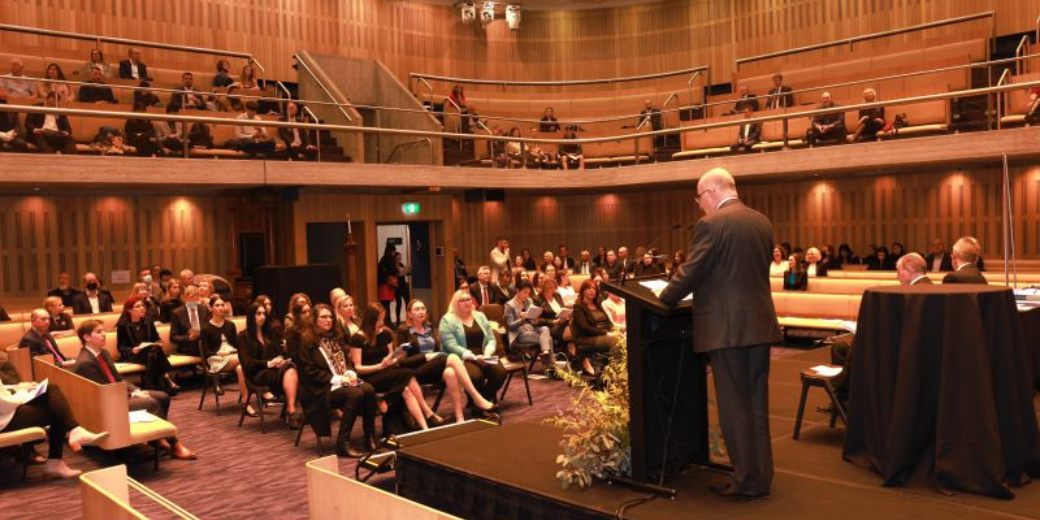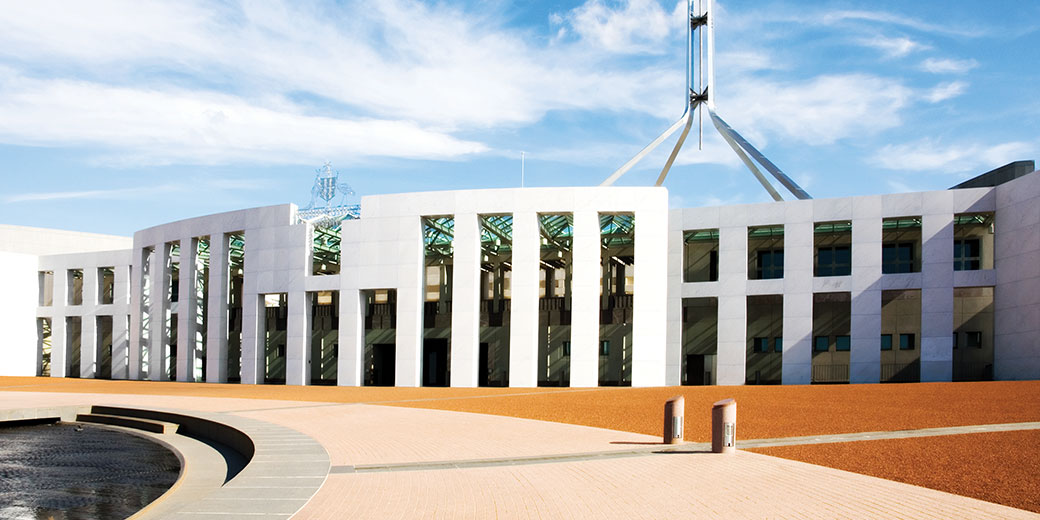The College of Law is spearheading legal education in the environmental, social and governance (ESG) space, working closely with government and industry in the ASEAN region.
The intersection between environmental, human and social rights, and business and government policy, is of increasing importance to ASEAN nations as they look to meet their transboundary obligations and work towards a more sustainable future.
Global investment is becoming increasingly geared towards ESG policy. The statistics are overwhelming. According to Deloitte Insights*, ESG-mandated assets are projected to make up half of all professionally managed assets globally by 2024.
A recent PwC report** found that ESG-related assets under management (AuM) are expected to increase globally to $US33.9tn by 2026, this would reflect 21.5% of all global AuM and is an exponential rise from $US18.4tn in ESG-related AuM in 2021.
In the Capital Group ESG Global Study 2022***, the momentum towards ESG is being driven by client demand and a desire to make an impact - more than a quarter of the global investors surveyed said ESG is central to their investment approach.
It is this global movement, along with the commercial, social and environmental implications of not addressing ESG-related issues, driving a number of ASEAN countries to work with the College of Law to learn more about ESG policy and its implementation.
In conjunction with the Australian Trade and Investment Commission (Austrade), the College has created a tailored ESG training program for the Federation of Malaysia Manufacturing Institute (FMM Institute). The FMM Institute is a subsidiary of the Federation of Malaysian Manufacturers, working with Austrade, the organisation is looking to enhance national compliance with ESG principles.
While there is no specific codification of ESG principles in Malaysian legislation, compliance with certain ESG principles is seen to be required by pieces of regulation outlined by Bursa Malaysia Securities Berhad (BMSB). Impacting publicly listed companies, BMSB published amendments on the 29th of September 2022 aimed at enhancing sustainability practices by increasing reporting requirements.
“Awareness of the importance of ESG compliance and integration in Malaysia’s business community is growing with the 12th Malaysia Plan highlighting the country’s ambition to advance sustainability and commitment to achieving carbon-neutral status by 2050,” Ms Srii Gunaseelan, Business Development Manager, Education at Austrade (based in Kuala Lumpur), says.
“There is a need to raise awareness of the risk of adverse legal and reputational consequences against companies that fail to uphold ESG standards. Building upon the long-established Australia-Malaysian education ties, high-quality training can help prepare local business communities to manage increased business complexity and future investor expectations.”
Existing Malaysian legislation alludes to ESG elements, including the Environmental Quality Act 1974, Anti-trafficking in Person and Anti-smuggling of Migrants Act 2007 and the Malaysian Anti-Corruption Commission Act 2009.
While there are no specific legal requirements for private companies and limited recourse placed upon publicly listed companies, there are a number of reasons ESG compliance is important for the Malaysian manufacturing industry. These include attracting and fostering international investment, reducing investor risk and implementing practice for long-term sustainability.
“There have been specific examples of major manufacturing contracts being lost due to ESG compliance issues,” James Jung, Director of International Relations & Development at the College explains. “This includes ATA losing their Dyson contract because of allegations of forced labour. Dyson made up 80% of their revenue, the termination of the contract was issued in November 2021 and ATA’s share price tumbled by 84% in one month.
“A similar situation unfolded for Top Glove, the world’s largest glove manufacturer. In March 2021 findings of forced labour led to a US ban on imports.”
The College and FMMI will sign an MOU early April 2023 to formalise the relationship between the two organisations to explore, plan and execute activities in relation to skills training and talent development for the current and future workforce in Malaysia. A large part of the skills training will incorporate ESG topics that relate to the Malaysian manufacturing sector.
Another major ASEAN ESG training program was created for the senior legal team at Vietnam Electricity (EVN) and its subsidiaries. EVN is state owned and is the second largest corporation in Vietnam, it is the sole provider of electricity to over 100 million people with a turnover of $16 billion USD annually. EVN’s mission includes ensuring sufficient power supply for national socio-economic growth and it serves as a macro-economic regulatory tool for the Vietnamese Government.
“The College’s program broadened mine and my team’s understanding of ESG integration and SDG implementation in relation to the renewal energy sector,” Mr Nguyen Minh Khoa, General Counsel at EVN, explains. “As the curriculum continues to evolve, the examples become more and more topical. The real-life cases were very interesting and explain how, with this additional information, issues could have been avoided. The College’s program offers important insights into ESG policy and the role it plays in the professional world.”
Initially run in December 2022, the College hosted an EVN delegation of 15 senior leaders that consisted of general counsels and deputy general counsels from eight different provincial entities in Vietnam. The College brought together industry experts from Sydney and Melbourne specialising in ESG professional services to participate. College educators delivered training modules in ESG and the energy sector, cross-cultural negotiation skills and the Australian code of ethics for lawyers, the delegation also received an introduction to the Australian legal system by Michael Bearman, Barrister, Owen Dixon Chambers West.
Mick Sheehy, Partner at PwC NewLaw and Carl White, Director at PwC NewLaw, presented to the delegation on the future of legal departments and in-house counsel. And the delegation undertook offsite visits to Herbert Smith Freehills' Melbourne office with a presentation from Gerard Pike, Partner and Head of Renewal Energy team, and took a tour of the Magistrates Court of Melbourne, Country Court of Victoria and Supreme Court of Victoria. The program was such a success a follow-up procurement program for EVN is running in May 2023.
The College’s work in the ESG space with a focus on the ASEAN region began in July 2022 with a joint workshop on ESG Law and Practice with the Asian Development Bank, Asian Research Institute for Environmental Law and the United Nations Environmental Program (UNEP) at the College HQ in Sydney. This was a hybrid event and attracted more than 400 local and international attendees.
The College has also developed, and currently offers, an e-learning course ‘Developments in ESG for Legal Practitioners’ designed for the members of The Law Society of Singapore. In addition to this, the College recently delivered a course ‘ESG in Legal Practice’ as part of The Law Society of Singapore’s Legal Practice Management course, where it trained over 200 Singaporean lawyers.
“Since the inception of the College of Law Asia in 2016, the College has provided countless international training programs working with international law associations, local bar associations, global law firms, universities, government and legal professionals,” Angie Zandstra, Chief Commercial Officer at the College of Law, says. “In recent years, the College recognised ESG was becoming an important worldwide topic but there appeared to be knowledge gaps and lack of clarity around core sustainability issues in the legal profession.
“The College believes ESG training for legal professionals is vital in providing critical understanding of the relevant environmental, social, and governance issues impacting businesses, thus helping lawyers to better advise their clients.”
** https://www.pwc.com/gx/en/news-room/press-releases/2022/awm-revolution-2022-report.html
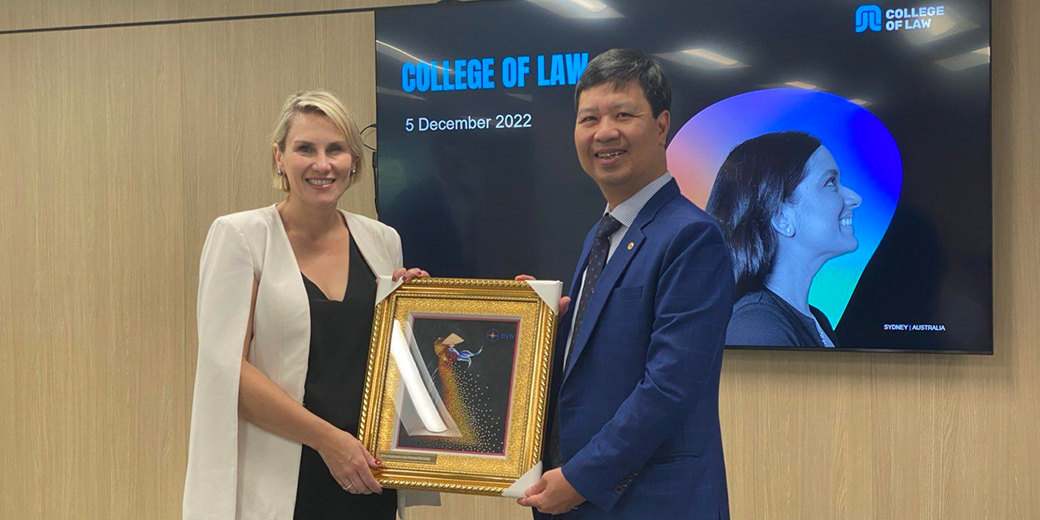






















































![How to handle Direct Speech after Gan v Xie [2023] NSWCA 163](https://images4.cmp.optimizely.com/assets/Lawyer+Up+direct+speech+in+drafting+NSW+legislation+OCT232.jpg/Zz1hNDU4YzQyMjQzNzkxMWVmYjFlNGY2ODk3ZWMxNzE0Mw==)
















